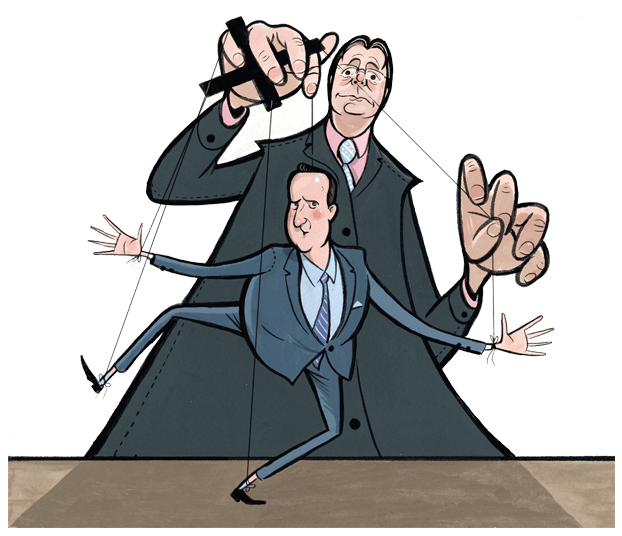Margaret Hodge subjected senior civil servants to a fierce ear-boxing
this morning. She accused them of trying to avoid the scrutiny of her Public Accounts Committee, and declared the current doctrine of
ministerial responsibility unfit for the 21st century:
Hodge also said she ‘has been rattling the cage too much for some’ and detailed some of the resistance she’s encountered. In particular, she highlighted a disagreement with Gus O’Donnell, the former Cabinet Secretary, who berated her for the handling of an investigating into HM Revenue & Customs. ‘It was as if he had taken on the role,’ she claimed, ‘of shop steward for aggrieved permanent secretaries.’‘The senior civil service needs to acknowledge that we live in a different world from the world in which ancient conventions could prevail. Everybody wants greater transparency and accountability.’
But just because O’Donnell has retired doesn’t mean Hodge has a clear road to reform. In this week’s cover piece, Quentin Letts examines O’Donnell’s successor — Jeremy Heywood — and doesn’t much
like what he sees:
Heywood’s power and influence — Letts describes him as ‘the man who really runs the country’ — combined with his lack of accountability will no doubt bring him into conflict with Hodge’s quest for transparent government. The resulting battle could well determine the future of the civil service.‘Sir J. Heywood is a backstairs Bertie, a smudger, a whisper-in-the-PM’s-ear sort who shrivels from public view. The worry for Conservatives, and the rest of us, is that this shrewd murmurer, this eminence grease, has acquired unprecedented power over not only the Prime Minister but also Nick Clegg, Cabinet, the coalition and much of the rest of the state apparat. There is talk of Heywood obstructing secretaries of state, shafting Cameroons and organising Downing Street to his own convenience. We have gone beyond “Yes, Minister” and now have “Yes, Sir Jeremy”. Worryingly, no one seems more in hock to him than our soigné, someone-take-care-of-that PM.’






Comments